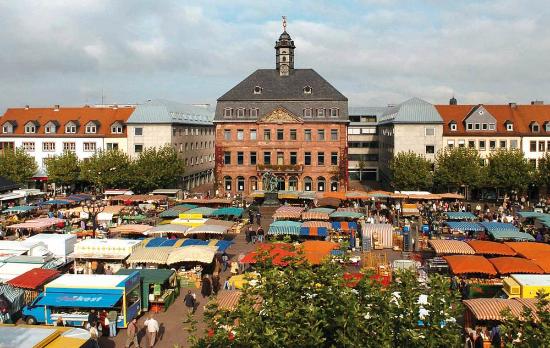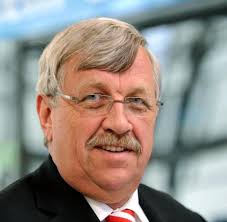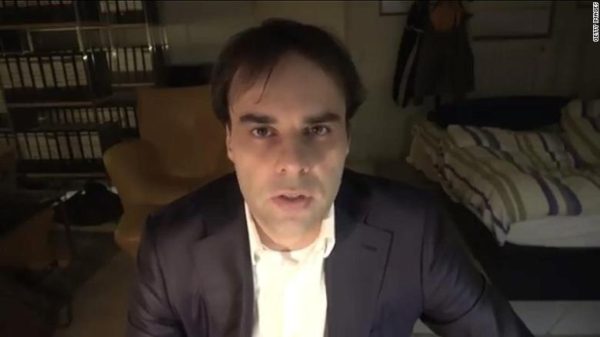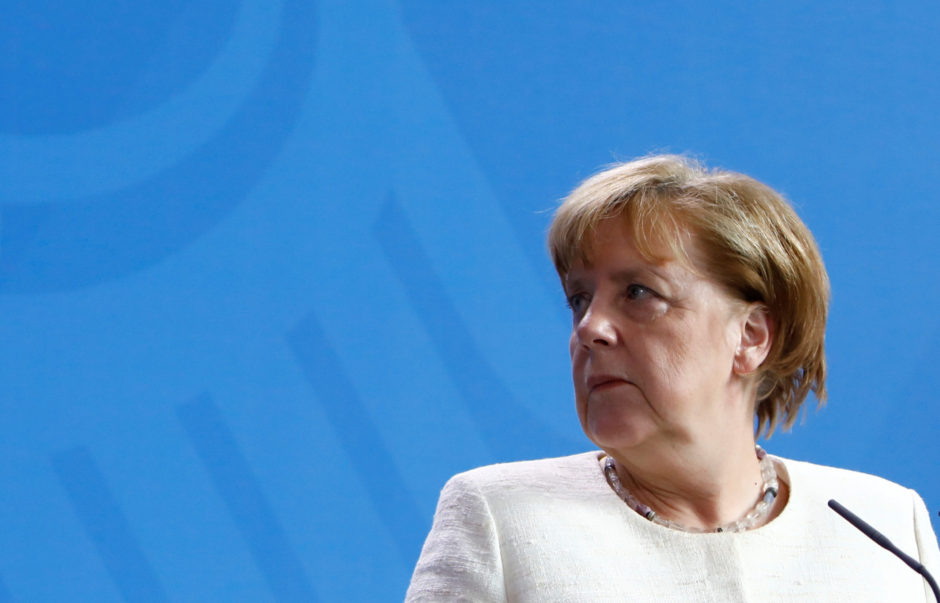Neo- Nazism terrorism in Germany, the breeding ground of Adolf Hitler’s genocidal fascist movement, has evolved into a gravely serious problem in the past few years, but at least the German political class has forthrightly acknowledged this clear and present danger and is actively trying to combat it.

Just hours after Tobias Rathjen’s targeted killing of nine ethnic Kurds and Turks in the city of Hanau on February 19, German Chancellor Angela Merkel set the correct tone by saying, “Racism is a poison, hatred is a poison, and this poison exists in our society and it is already to blame for far too many crimes.”
In the wake of her refreshingly candid comment, Justice Minister Christine Lambrecht and Interior Minister Horst Seehofer issued blunt warnings.
“Far-right terror is the biggest threat to our democracy right now,” she said. “This is visible in the number and intensity of attacks.”

“The threat posed by far-right extremist, antisemitism and racism is very high in Germany,” said Seehofer in a remark that cut to the core of an issue that still embarrasses Germany.
Certainly, no one expected Hanau, an ethically diverse city near Frankfurt, to be in the crosshairs of a dredge like Rathjen, who shot himself and his mother shortly after committing his heinous crime.

Rathjen, a 43-year-old malcontent influenced by conspiracy theories and infected by a deeply racist worldview, perpetrated his murderous rampage only four months after Stephen Balliet, a profoundly maladjusted young German man, tried to storm a synagogue in Halle on Yom Kippur with the intention of killing all its worshipers. Having failed to break into the building, he fatally shot two Germans, a man and a woman, who happened to be in the wrong place at the wrong time.
These ghastly and alarming shootings are a cause for concern in a nation which conceived and implemented the Holocaust. They are the latest in a series of neo-Nazi attacks that have occurred since the rise of the Alternative for Germany Party — the first far right-wing party to enter Parliament since the Nazi era — and the influx of more than one million Syrian, Iraqi and Afghan Muslim refugees into the country.
Neo-Nazi hate crimes climbed from 1,200 in 2017 to 1,664 in 2018, police statistics show. By all accounts, there are 12,000 known right-wing extremists in Germany. Neo-Nazi thugs have threatened, harassed and assaulted minority groups, including Jews and Muslims, and beaten or killed politicians who have expressed sympathy for refugees.

Last June, Walter Lubcke, a conservative politician who supported refugees and whose name was on a neo-Nazi hit list, was murdered by a German man with ties to neo-Nazis who had a record of attacking minorities. Ominously enough, it was the first far-right political assassination in Germany since Nazi times.
More recently, police in six German states raided the homes of members of Combat 18, a neo-Nazi organization banned by the federal government. According to the Ministry of Interior, the raids were in response to Balliet’s attacks in Halle and Lubcke’s murder, whose killer is believed to have been associated with Combat 18. A police officer was among the 12 extremists taken into custody. They were reportedly planning attacks on refugees, Muslims and politicians with the objective of sowing chaos.
It appears that Rathjen, who had no criminal record, was cut from the same cloth. In his long-winded and barely coherent manifesto, he wrote, “We now have ethnic groups, races or cultures in our midst that are destructive in every respect.” Germany, he added, was in dire need of both “rough cleaning” and “fine cleaning.”

In terms of ethnic cleansing, he went on to say, people from the following countries must be “completely exterminated: Morocco, Algeria, Tunisia, Libya, Egypt, Israel, Syria, Jordan, Lebanon, the Arabian Peninsula, Turkey, Iraq, Iran, Kazakhstan, Turkmenistan, Uzbekistan, India, Pakistan, Afghanistan, Bangladesh, Vietnam, Laos, Cambodia and the Philippines.”
Rathjen not only hated Muslims and Jews, but people of color across the board. In short, he was an equal opportunity racist.
Only hours before he murdered nine of Hanau’s citizens in two hookah bars, the federal government approved a bill that will require social media networks to inform police of posts advocating hate speech and glorifying and threatening violence.

This is a positive step forward in combating online hatred. Rathjen and Balliet, after all, were both radicalized by the Internet, where racism flourishes.
Germany, however, will have to do much more than that to curtail the menace of neo-Nazism.
